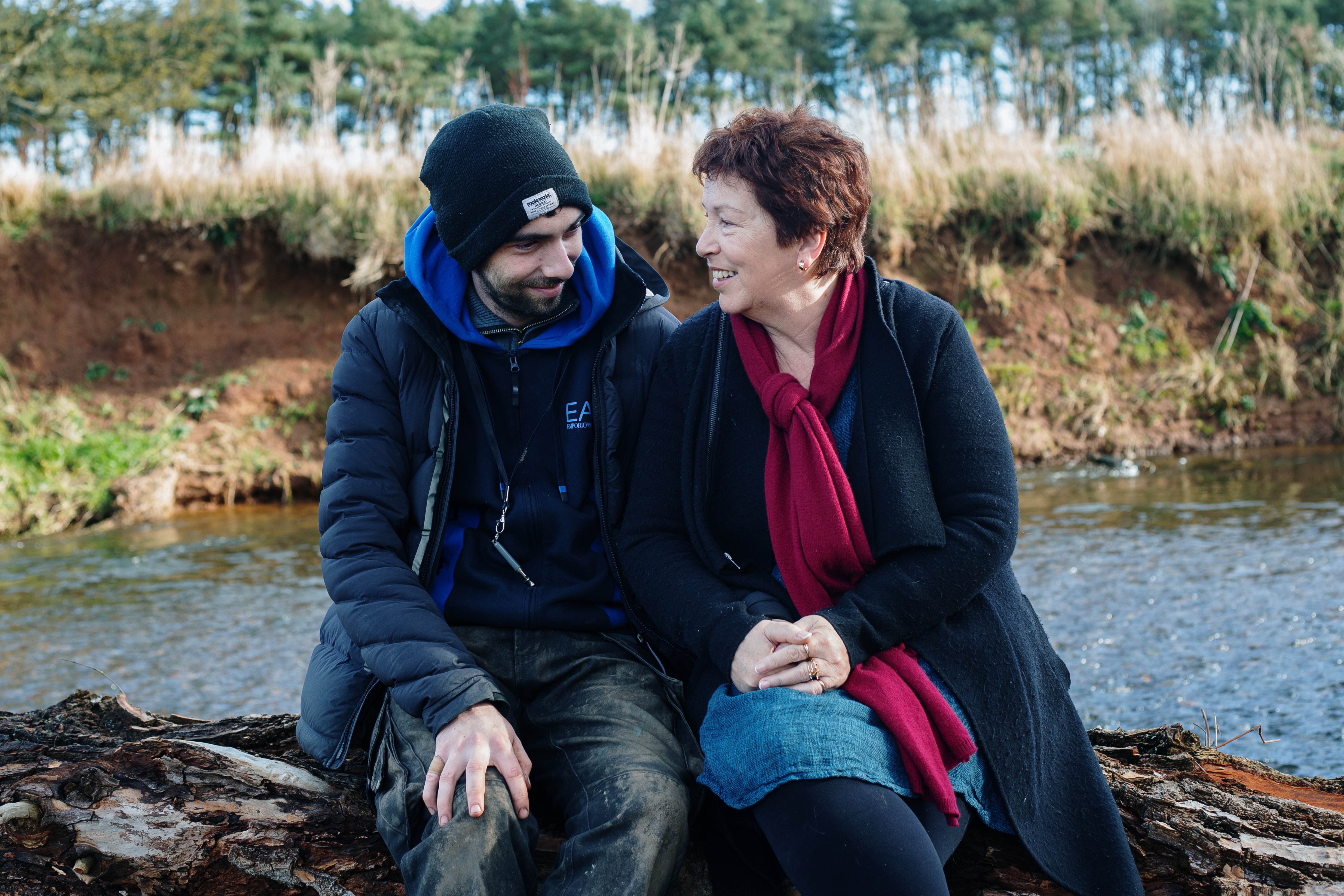I'm having thoughts of suicide
There is always a reason to live. Taking the first step to getting help is the bravest thing to do
I need help now
I'm having thoughts of suicide
It is frightening and confusing to feel suicidal.
If you feel like this, you are not alone. Lots of people think about suicide at some point in their life. However with support, you can deal with your thoughts and feelings and find hope for the future.
Suicidal thoughts are different for different people. Some people feel like they cannot go on living, while others feel unable to stop thinking about death, or feel completely numb. Often, people do not understand why they feel the way they do.
No matter what you are going through, help is available to support you - without judgement. And reaching out is the first step to coping.
We’ve compiled a range of support and advice which we know has helped other people stay safe.

Find support near you
If you are feeling suicidal, you do not have to face it alone.
Our services directory lists many different suicide prevention services available across Scotland which can help you to cope with whatever you’re going through.
Surviving suicidal thoughts
Living with thoughts of suicide is hard, especially when you’re at your lowest.
These thoughts may always be there or they may come and go. At times, making the decision to keep going can be really tough.
In this helpful video Kenny talks about the moment he realised he needed to ask for help, and shares his journey to feeling better (NHS24).
Other helpful resources
Learning to cope with your thoughts and find reasons to keep living is possible. Guidance is available which has helped many people survive suicidal thoughts, and it can help you too.
Here's a couple of examples:
SAMH’s Suicide…Living with your thoughts will help you think through what’s keeping you alive today and how to seek help from others. Versions in Polish, Punjabi and Urdu are also available.
The Campaign Against Living Miserably (CALM) Guide to suicidal thoughts explains how to talk to other people about having suicidal thoughts and come up with a plan if you feel at risk of hurting yourself.
Asking for help
Telling someone that you’re thinking about suicide can feel scary and stressful. But talking really does help as it’s the best way to keep yourself safe.
If you decide to reach out to someone, be proud of yourself for taking this step.
Who you talk to is up to you – it could be someone you know and trust or someone from a helpline or support organisation who will listen without judgement.
What worked for Ross
Ross (right) found comfort speaking to his friend Megan when she took him hill climbing.
Megan was kind, patient and non-judgemental. That gave him the time and space to find a way forward.
Keeping safe
You don’t have to act on suicidal thoughts. If you feel you can’t keep yourself safe right now, please get help now.
If you’re not at immediate risk of suicide but thoughts of taking your life are building up, it can help to make a plan which you can follow to keep yourself safe if you start to feel overwhelmed.

This is often called a safety plan.
It’s best to do this when thoughts of suicide are less intense and you are not battling an urge to act on them.
Creating a safety plan is easier to do with support, and it’s also more likely to work. So think about who you could ask to help you make your plan – it could be a family member, a friend or someone from a support service.
Staying Safe has videos explaining exactly what a safety plan is and why it is helpful, and also has an online template which you can use to start your own plan.
Suicide safety plan (Papyrus) is a downloadable resource which you can follow to think through your own reasons for staying safe, the things you can do to look after yourself, and which sources of support are most likely to help if a crisis hits.

Other peoples stories
Many people have suicidal thoughts at some point. Knowing what other people have gone through can help you to feel less alone and find a way forward.
In these videos from NHS inform, people like Neil (left) who’ve been in crisis and come out the other side talk about how they survived


